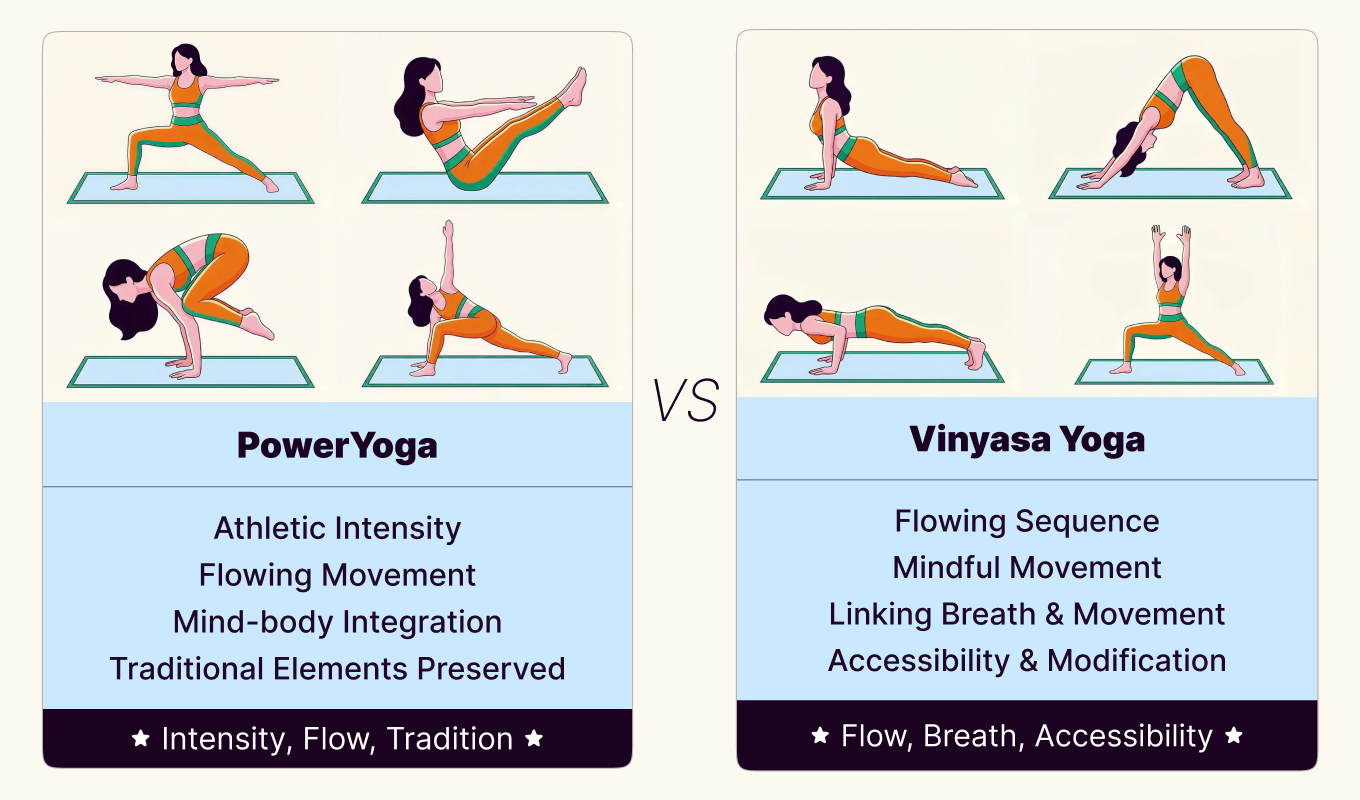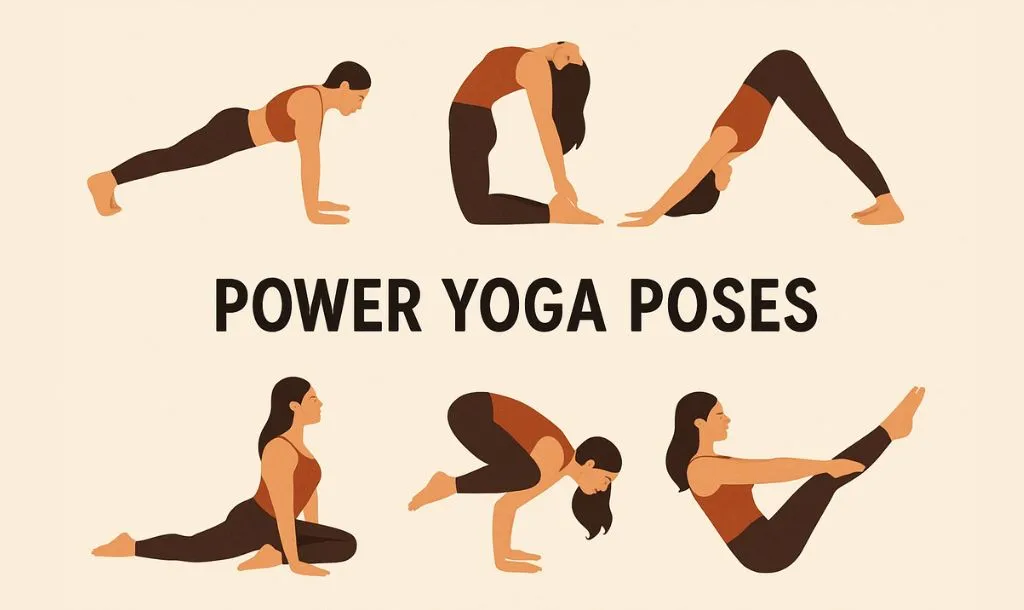What is {{name}}?
Traditional yoga philosophy is an ancient wisdom passed down through centuries in historical texts like the Updanishads, Bhagavad Gita, and the Yoga Sutras of Patanjali. As a darshan of Hinduism, yoga gives us a framework for attaining union of body, mind, and spirit. Central tenets of yoga philosophy revolve around the law of karma, balancing the prana and kundalini energies that move through the body’s chakra system, and attaining enlightenment through self-awareness and detachment.
Through practicing yoga, we are able to use yoga asanas (postures), pranayama (breath work), and meditation to become better versions of ourselves by creating physical, mental, and spiritual harmony within our bodies, and in the world at large. The goal of yoga is to achieve a supreme state called moksha through regular exercise, breath work, meditation, proper nutrition, and relaxation. It is believed this state (also called samadhi) allows one to fully realize their highest self. Here are some other things you should know about yoga philosophy.
Who it’s for
- Beginner to advanced yogis
- Anyone seeking balance and self-awareness
Who it’s not for
- The core tenets of yoga can benefit everyone
How it will help you
- By following the eight limbs of yoga outlined in the Yoga Sutras of Patanjali, you can achieve self-awareness and enlightenment
- The philosophy of yoga presents a way to cope with hectic modern life and find peace.
- Through regular practice, yoga helps relieve tension and stress, and encourages feelings of balance, connectivity, and wholeness
How it will not help you
- The core tenets of yoga can benefit everyone

Enjoy a Free 1-on-1 Session with a Coach!
Receive personalized guidance tailored to your unique fitness goals, live with a dedicated coach—no credit card required.
Questions about {{name}}
The purpose of yoga is to achieve a perfect union of body, mind, and spirit, balancing prana and kundalini energies to reach an enlightened state called moksha. It is through this practice that we can better ourselves and realize our highest potential.
The fourth veda, also called the Atharva Veta, is a collection of prayers, charms, and hymns to fight diseases, remove stress and anxiety, protect crops, bless marriages, and heal illnesses and other maladies.
Patanjali, the author of the Yoga Sutras, is regarded as the father of yoga philosophy. His writings outline a blueprint for yoga called the eight limb path, through which yogis can attain self-realization and enlightenment.
If you’d like to read ancient texts on yoga philosophy, the Bhagavad Gita is a great place to start. It’s also essential to read theYoga Sutras of Patanjali to gain a well-rounded education on the core tenets of yoga philosophy.
Tantra began centuries ago, around 500 A.D, and at the time it was a departure from the Vedas, so it was considered somewhat revolutionary. The practice honors traditional Hindu goddesses, with a goal of seeking liberation and spiritual freedom through feminine power.
The basic principles of yoga philosophy revolve around five main tenets. Through regular practice of proper exercise, breath work, nutrition, relaxation, and positive thinking gained through meditation, we can reach moksha and realize our highest selves.










